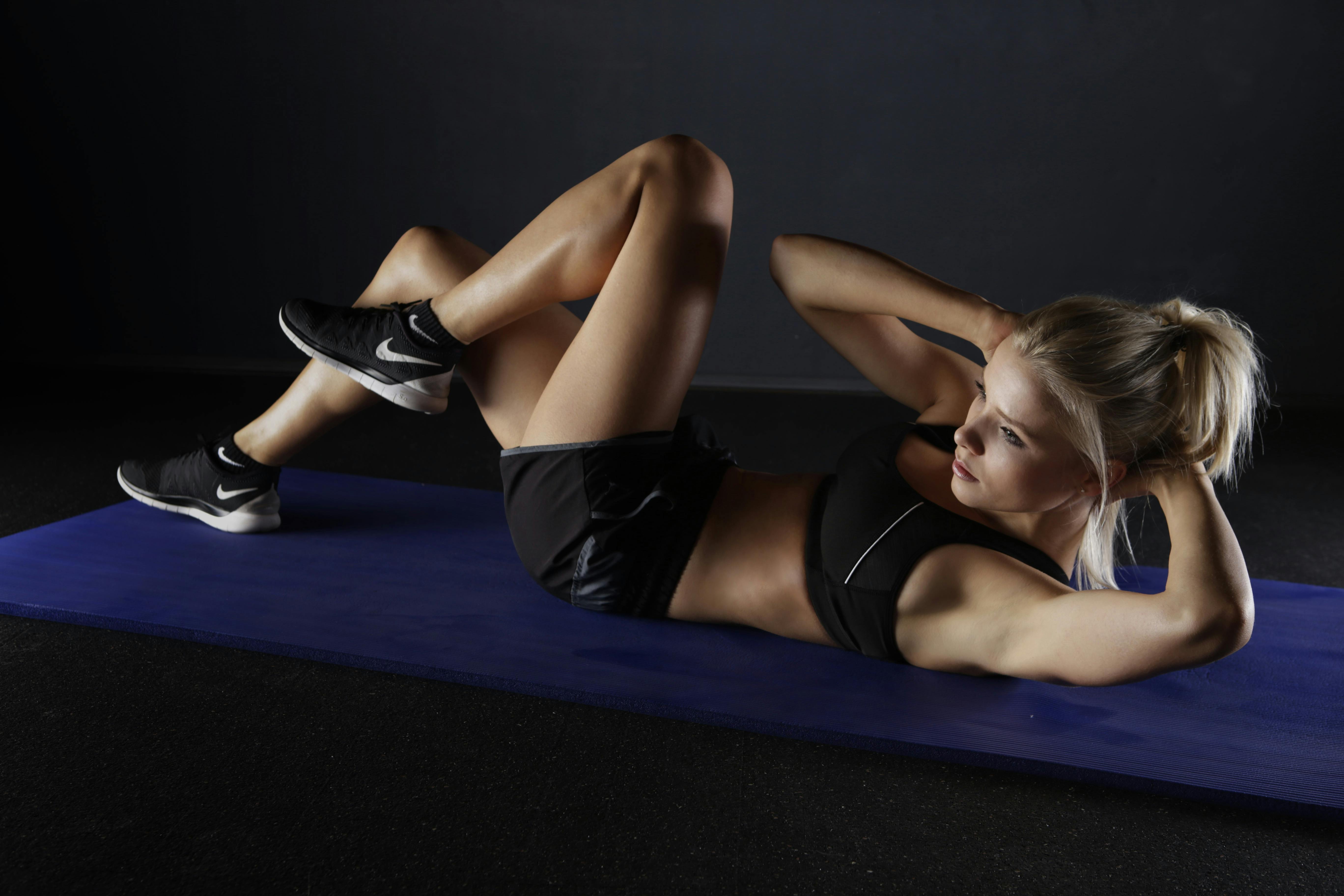The Power of Functional Training: Enhancing Everyday Fitness for All Ages
Functional training has gained traction in recent years as an effective way to train the body for daily activities. This approach emphasizes movements that mimic real-life actions, making it especially beneficial for all age groups—from young athletes to seniors. In this blog post, we’ll delve into the principles of functional training, explore its myriad benefits, and provide practical tips for incorporating it into your routine, whether you’re a gym-goer or a personal trainer looking to enhance your clients’ workouts.
Functional training is all about preparing your body for everyday tasks. Unlike traditional weightlifting, which often isolates specific muscles, functional training focuses on integrating multiple muscle groups and teaching your body to work as a unit. This training style enhances strength, stability, flexibility, and overall fitness levels—crucial elements for everyday movements.
The Importance of Functional Training: For gym-goers, functional training translates to improved performance in daily activities, whether lifting groceries, climbing stairs, or playing sports. Personal trainers can use it as a framework to develop comprehensive programs that address their clients’ specific functional needs.
Key Principles of Functional Training: Below are some integral principles to consider:
- Multi-Directional Movements: Incorporate exercises that require movement in multiple directions. This helps the body adapt to the varied patterns of everyday life.
- Weight-Bearing Exercises: Utilize exercises such as squats, lunges, and push-ups to build strength using body weight or light weights.
- Core Engagement: A strong core is vital for balance and stability. Include exercises that target the core, such as planks, to enhance overall functionality.
- Balance and Coordination: Encourage movements that develop balance and coordination through yoga, Pilates, or stability ball exercises.
Benefits of Functional Training: The benefits of incorporating functional training into fitness routines are vast:
- Increased Strength and Flexibility: This training method develops balanced strength and flexibility across multiple muscle groups, enhancing performance.
- Enhanced Mobility: Functional training improves joint stability and range of motion, leading to better body mechanics.
- Injury Prevention: By strengthening stabilizing muscles and improving mobility, functional training can help prevent injuries in everyday activities and athletic pursuits.
- Training for Life: Those in their senior years can particularly benefit from functional training, promotes independence and confidence in performing daily tasks.
Practical Tips for Incorporating Functional Training: Here are ways to effectively integrate functional training into your workouts:
- Start with the Basics: Beginners should grasp foundational movements first. Focus on bodyweight exercises that emphasize proper form and technique.
- Implement Resistance: Once comfortable, progress to resistance bands or dumbbells for added strength training
- Focus on Full-Body Workouts: Aim for circuits that include various functional movements within a session—think squats, deadlifts, and kettlebell swings.
- Modify for All Levels: Adapt exercises for different fitness levels. For example, simplify a squat by having clients use a chair to build confidence in the movement.
- Utilize Tools: Incorporate stability balls, resistance bands, and kettlebells to promote diverse and challenging workouts.
Common Misconceptions: Despite its benefits, many misunderstand functional training:
Myth 1: *It's only for older adults or those in rehabilitation.* Functional training can benefit any age group and fitness level.
Myth 2: *You need fancy equipment to do it effectively.* Many functional exercises can be performed using body weight or simple gym equipment.
Overall, functional training represents a versatile and beneficial approach to fitness that offers countless advantages for individuals of all ages. Incorporating these principles and practical tips into your training regimen or client sessions can enhance overall well-being and promote a healthier, more active lifestyle.
Incorporating functional training into your fitness regimen can lead to significant improvements in daily activities, athletic performance, and overall health. By embracing the principles of functional training, both gym-goers and personal trainers can foster a more active lifestyle that prioritizes strength, mobility, and real-life application of fitness principles. So, whether you’re training for a marathon or just want to lift your grocery bags with ease, functional training equips you to thrive every day.
Jack
Jack is a dedicated personal trainer with a passion for helping clients reach their fitness goals. With a focus on personalized training plans, Jack combines strength training, cardio, and nutrition guidance to ensure lasting results. His motivating and supportive approach makes fitness accessible for everyone, from beginners to seasoned athletes. Whether you're looking to build muscle, lose weight, or improve overall health, Jack is committed to guiding you every step of the way.
